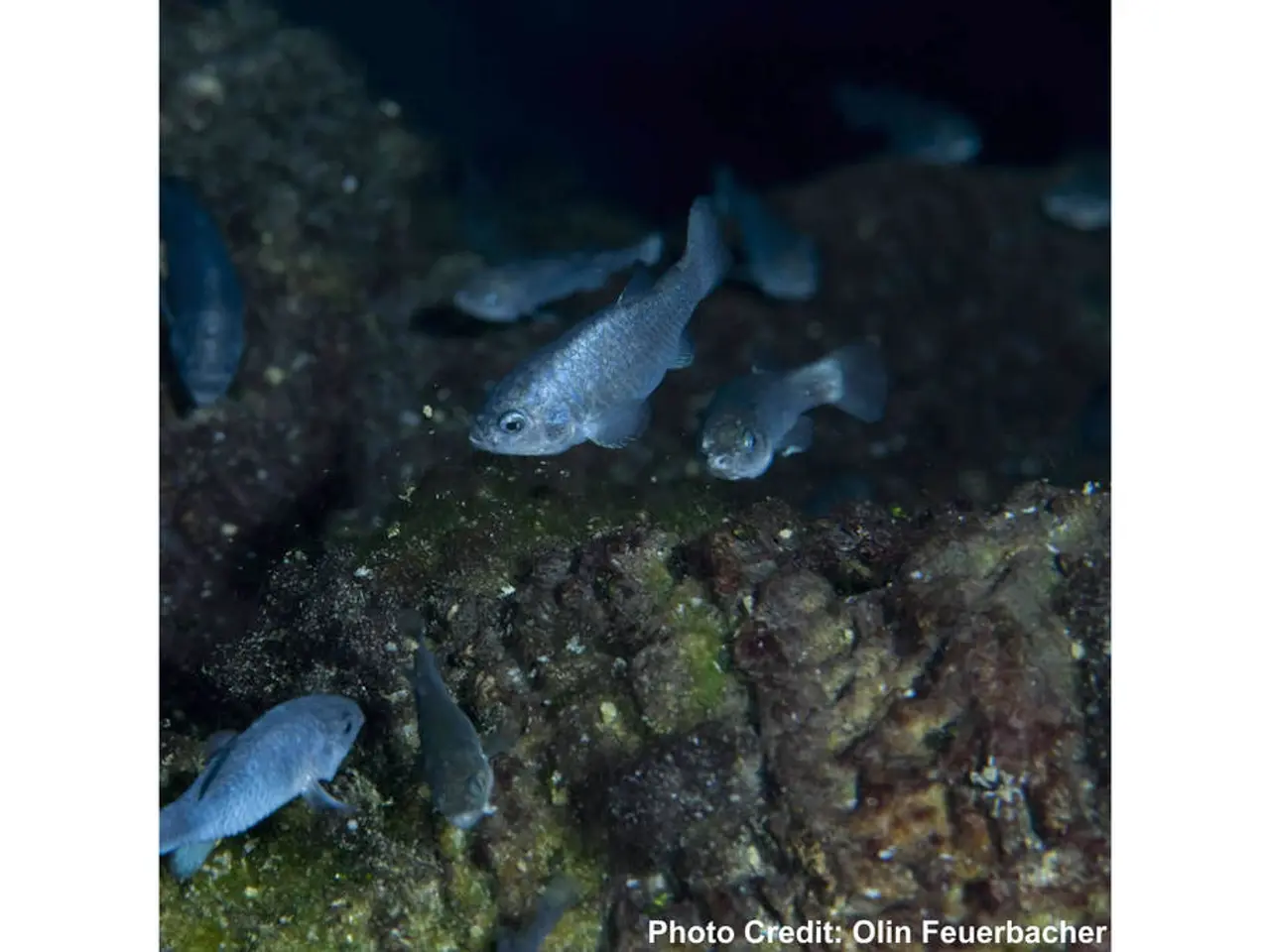Climate Change Adaptation Aid for Small-Scale Fisheries via New Data Center
The CGIAR Global Research Partnership has launched an Asia Digital Hub, a significant step towards digital transformation for food systems. One of the key tools developed by the Hub is Peskas, an open-source system designed to revolutionise the management of small-scale fisheries.
Peskas, developed by WorldFish, enables near real-time monitoring of small-scale fisheries, collecting detailed data on catch, including species, weight, and length. This replaces the traditional paper-based annual data reporting, providing policymakers with timely and reliable information to support sustainable fisheries management.
In Zanzibar, approximately 100 fishing boats are equipped with trackers, and data collectors at 30 landing sites use tablets to record catch information. This data is automatically analysed and displayed as statistics, offering valuable insights for sustainable fisheries management.
The importance of user-centric design in digital transformation for small-scale fisheries cannot be overstated. An unspecified individual, discussing the Asia Digital Hub and its tool, Peskas, highlighted the need for a participatory approach. Small-scale fishers should not only provide data but also help design the tools used in digital transformation.
Peskas also offers a visual representation of fishing grounds and their productivity, providing fishers with valuable insights to manage their resources sustainably. This participatory approach is crucial in helping small-scale fishers adapt to climate change.
The Asia Digital Hub aims to integrate data on aquatic animal health, aquaculture, household nutrition, and women's empowerment in one data environment. This holistic approach will offer a comprehensive view of food systems, facilitating informed decision-making.
Peskas was first developed in Timor-Leste in 2016 and has since been expanded to several countries. In addition to Zanzibar, Peskas is being expanded to Malawi, Kenya, and Mozambique. There is also interest from Brunei, Djibouti, and Ethiopia to adopt the system.
WorldFish also piloted Peskas in Malaysia, in collaboration with the Malaysian Inshore Fishermen Association for Education and Welfare (JARING). The success of digital transformation in small-scale fisheries requires tools to be based on the needs and realities of the fishers.
In Ataúro (Timor-Leste), community monitoring groups called "Grupo Monitorizasaun Peskas" have been established, with local volunteers supporting fisheries data collection. This grassroots approach underscores the importance of community involvement in digital transformation.
Approximately 40% of the global fish catch comes from small-scale fisheries. The digital transformation of these fisheries is crucial for sustainable food systems and climate change adaptation. The Asia Digital Hub and Peskas are significant strides in this direction.
- The Asia Digital Hub's tool, Peskas, not only collects data from small-scale fisheries but also empowers fishers to participate in its design, ensuring a user-centric approach for climate change adaptation.
- Data gathered by Peskas, such as real-time catch data, is valuable for policymakers to make informed decisions that support sustainable fisheries management, contributing to climate change adaptation.
- Integrating data environments like the one offered by the Asia Digital Hub and Peskas can provide a holistic view of food systems, fostering informed decision-making for climate adaptation and sustainable food systems.
- The expansion of Peskas to various countries, including Malawi, Kenya, and Mozambique, shows a commitment to digital transformation in small-scale fisheries, essential for climate change adaptation and sustainable food systems.




